In today’s rapidly urbanizing world, ensuring inclusivity in urban planning has become an imperative task for governments and communities alike. Urban environments are dynamic and diverse, bringing together people from different socioeconomic backgrounds, cultural identities, and physical abilities. Therefore, it is crucial to consider the needs and aspirations of all citizens when designing and developing urban spaces.
Civil society organizations (CSOs) play a pivotal role in bridging the gap between the government, planners, and the communities they serve. These organizations go beyond advocacy and mobilization, actively engaging with stakeholders to ensure that urban planning processes are transparent, participatory, and sensitive to the needs of marginalized groups. CSOs act as intermediaries between citizens and decision-makers, facilitating dialogue and fostering collaboration.
One of the key ways in which CSOs promote inclusivity in urban planning is by amplifying the voices of marginalized communities. They provide a platform for these communities to articulate their needs and concerns, ensuring their perspectives are taken into account during decision-making processes. By organizing community meetings, workshops, and consultations, CSOs empower citizens to actively participate in shaping their urban environment and challenge the status quo.
Furthermore, CSOs also serve as watchdogs, monitoring urban planning practices and ensuring compliance with legal and ethical standards. They hold local authorities accountable for their actions and advocate for policies and practices that foster inclusivity. By conducting research, collecting data, and providing evidence-based recommendations, CSOs contribute to evidence-driven decision-making and the implementation of inclusive urban policies.
Increasing Citizen Participation
In order to promote inclusivity in urban planning, civil society organizations are working to increase citizen participation in decision-making processes. One way they are doing this is by organizing community workshops and public consultations. These events provide a platform for residents to voice their opinions, concerns, and ideas about the development and design of their neighborhoods.
Civil society organizations also utilize technology to enhance citizen participation. Online platforms and mobile apps are developed to gather feedback from a wider range of residents. These tools allow people to easily provide input on various urban planning issues, such as transportation, public spaces, and affordable housing. This digital approach enables participation from individuals who may not be able to attend in-person meetings or workshops.
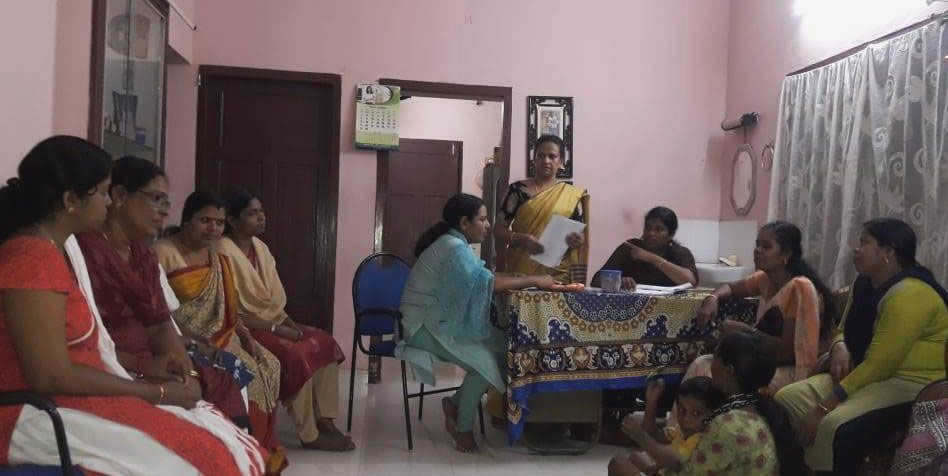
Another strategy employed by civil society organizations is community organizing and capacity building. They work to empower local residents by providing them with knowledge and skills to engage in urban planning processes. This includes training on advocacy, data collection, mapping, and organizing campaigns. By equipping citizens with the necessary tools, they can actively participate in decision-making and influence urban development plans that best suit their needs.
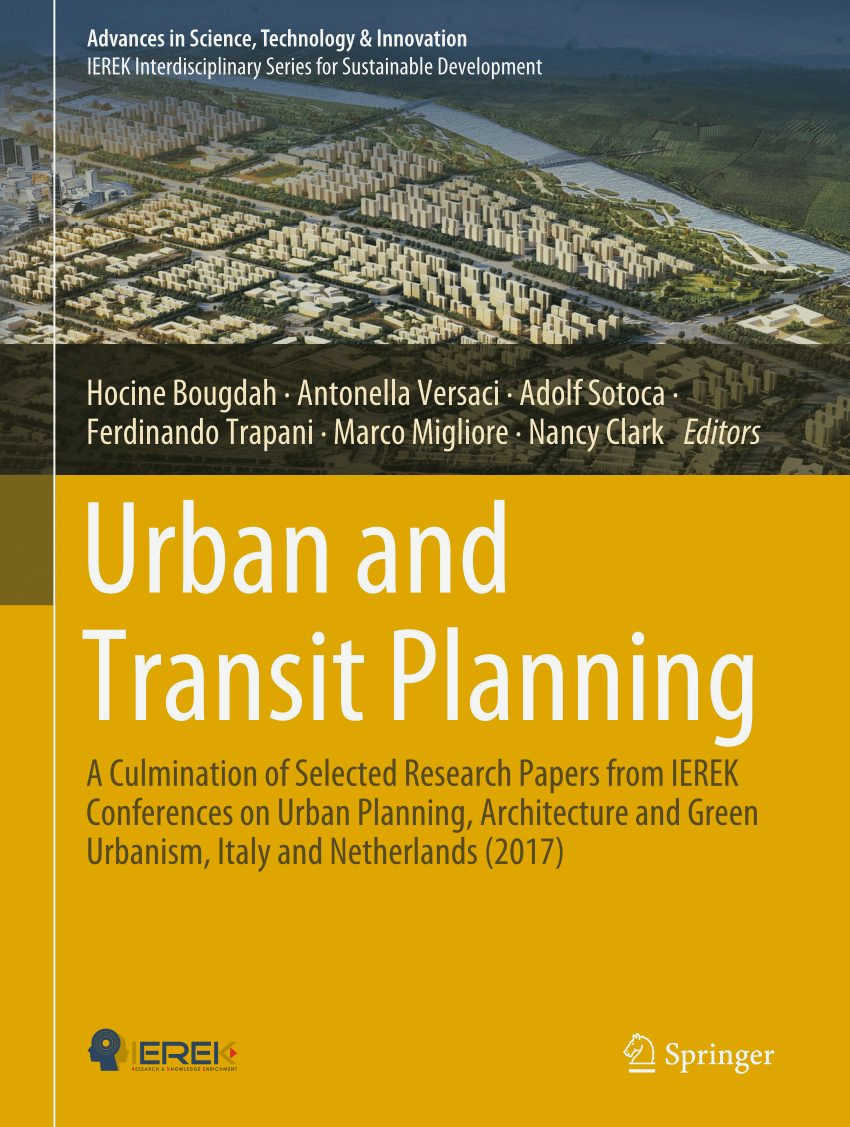
Furthermore, civil society organizations collaborate with local governments and city officials to create spaces for citizen participation. They advocate for the establishment of formal mechanisms, such as participatory budgeting, citizen advisory committees, and neighborhood associations. These structures ensure that residents have a meaningful role in shaping the future of their communities, and that their voices are considered in the decision-making process.
In conclusion, civil society organizations are playing a vital role in increasing citizen participation in urban planning. Through community workshops, digital platforms, capacity building, and collaboration with local governments, they are working to ensure that all residents have a say in the development and design of their neighborhoods.
Advocating for Marginalized Communities
Civil society organizations (CSOs) play a crucial role in advocating for marginalized communities in urban planning. These organizations understand the unique challenges faced by marginalized groups, such as low-income individuals, minorities, and persons with disabilities. They actively work to ensure that the voices of these communities are heard and their needs are considered in urban planning processes.
CSOs conduct extensive research and collect data to highlight the specific issues faced by marginalized communities. They use this data to inform decision-makers and policymakers about the importance of addressing these issues in urban planning. This research often includes identifying areas with inadequate infrastructure, lack of affordable housing, limited access to public transportation, and unequal distribution of resources.
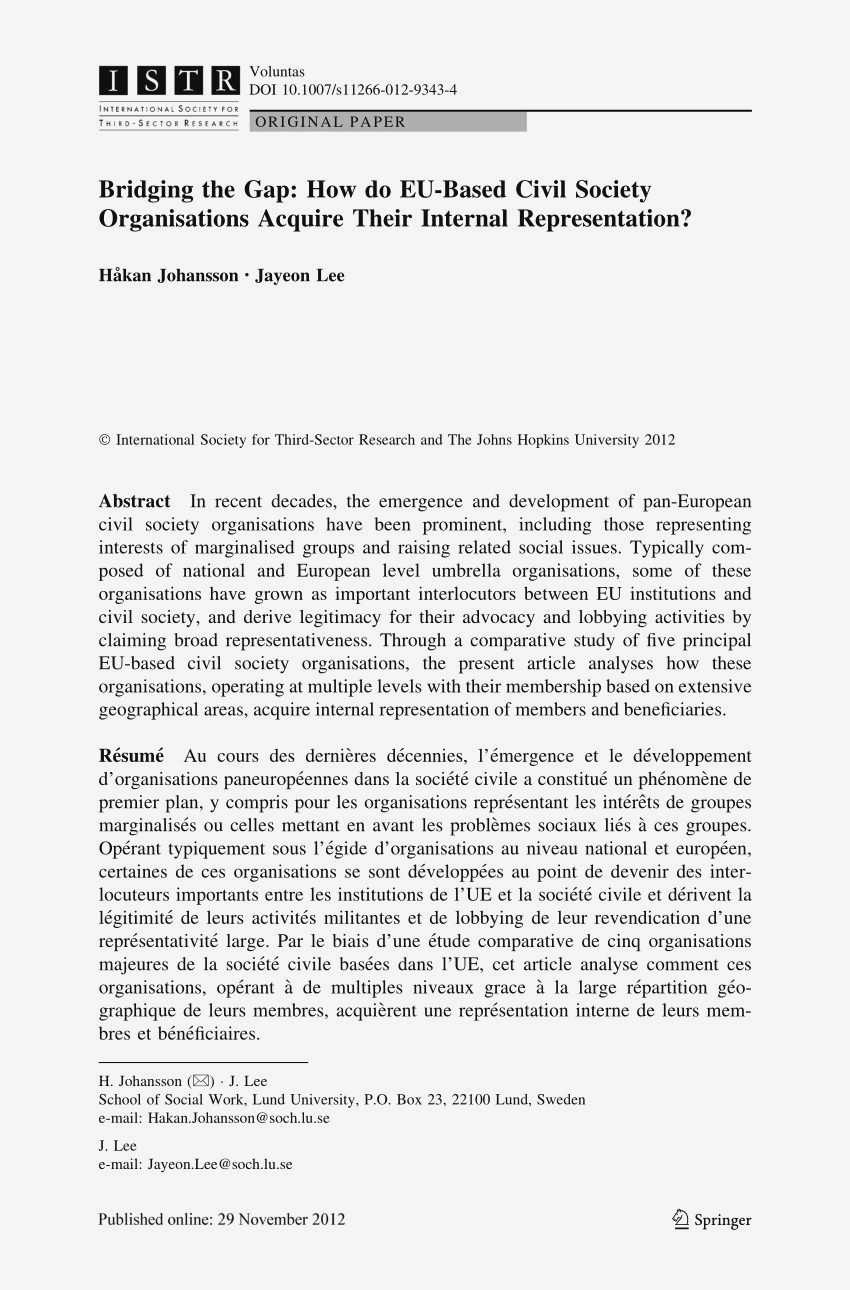
CSOs also engage in direct advocacy efforts to raise awareness and mobilize support for marginalized communities. They organize community meetings, workshops, and awareness campaigns to educate the public and decision-makers about the challenges faced by marginalized groups. Through these efforts, CSOs aim to create a sense of urgency and solidarity around the need for inclusive urban planning.
In addition to raising awareness, CSOs also work to ensure that marginalized communities have a seat at the table during urban planning processes. They strive to include representatives from these communities in decision-making bodies and planning committees. By doing so, CSOs help to amplify the voices of marginalized communities and ensure that their perspectives and priorities are taken into account.
CSOs also collaborate with other stakeholders, such as government agencies, private sector actors, and international organizations, to promote inclusivity in urban planning. They advocate for the implementation of policies and initiatives that specifically target marginalized communities and seek to address the systemic issues that perpetuate their marginalization.
- CSOs often provide technical expertise and capacity-building support to marginalized communities, empowering them to actively participate in the urban planning process. This may include training community members in data collection, analysis, and advocacy skills.
- CSOs work to build coalitions and networks with other civil society organizations, academics, and researchers to share knowledge and best practices in promoting inclusivity in urban planning.
- CSOs advocate for the allocation of resources and funding to address the needs of marginalized communities, ensuring that adequate investments are made in infrastructure, affordable housing, transport, and other essential services.
In conclusion, civil society organizations play a critical role in advocating for marginalized communities in urban planning. By conducting research, raising awareness, providing technical support, and collaborating with various stakeholders, CSOs work to ensure that the needs and perspectives of marginalized communities are at the forefront of urban planning initiatives.
Enhancing Accessibility and Mobility
When it comes to urban planning, ensuring accessibility and mobility for all citizens is essential. Civil society organizations play a crucial role in promoting inclusivity in this aspect. They strive to create urban environments that are accessible to people with disabilities, the elderly, and other vulnerable groups. These organizations work towards eliminating physical barriers, such as sidewalks with ramps and handrails for wheelchair users, accessible transportation services, and proper signage for people with visual impairments.
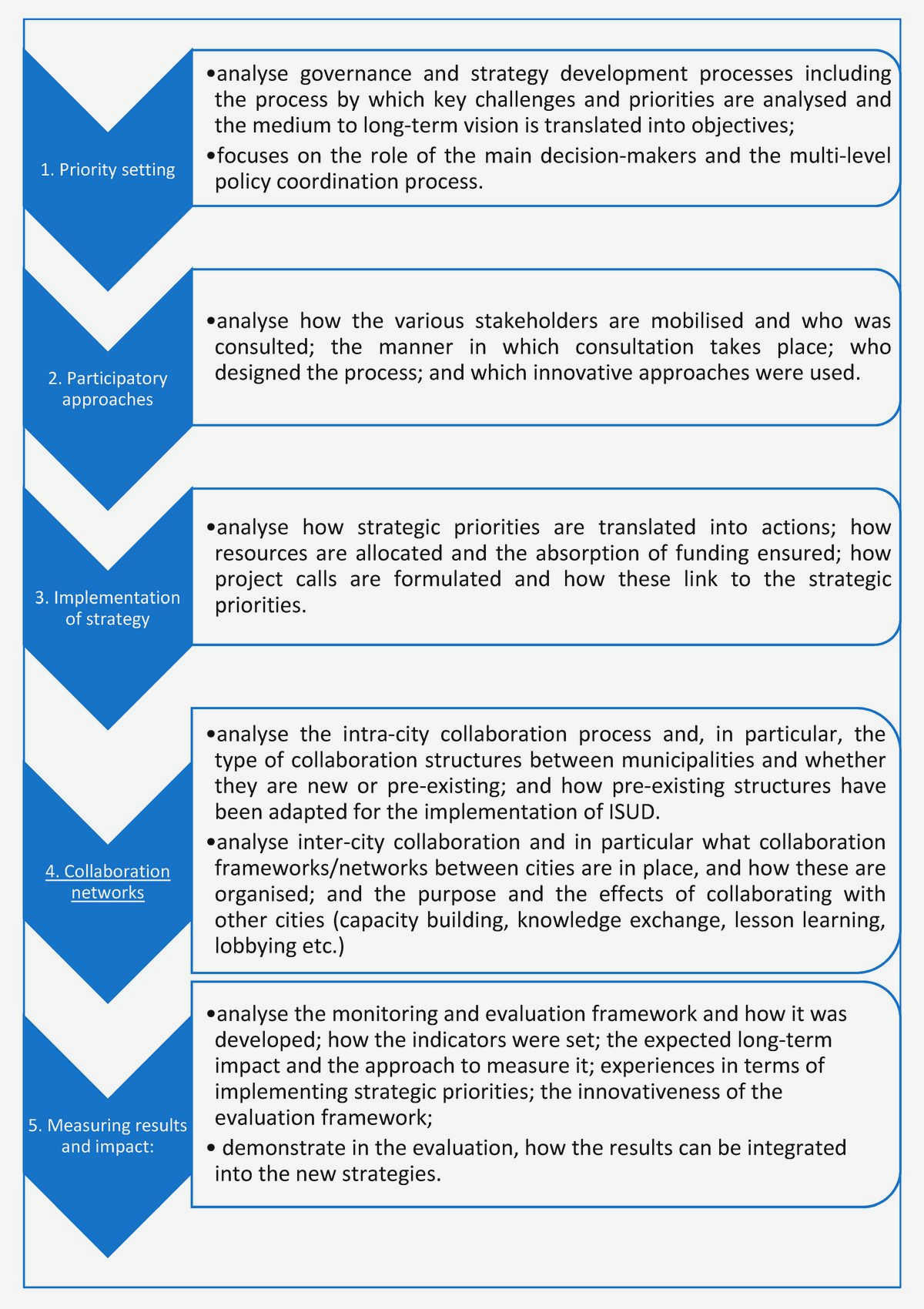
Moreover, civil society organizations collaborate with urban planners and policymakers to develop infrastructure solutions that enhance mobility. This includes creating bike lanes and pedestrian-friendly streets, improving public transportation systems, and implementing smart technologies to optimize traffic flow and reduce congestion. By focusing on accessibility and mobility, civil society organizations aim to create cities that are easier to navigate for everyone, regardless of their abilities.
In addition to physical infrastructure, civil society organizations also advocate for inclusive policies and regulations. This involves pushing for the implementation of universal design principles in public spaces and buildings, ensuring that they are designed to be accessible to all. These organizations also work to raise awareness among urban planners and decision-makers about the importance of considering accessibility and mobility in their designs and strategies, ultimately leading to more inclusive and equitable urban environments.
Examples of Successful Initiatives
One example of a successful initiative is the creation of accessible transportation services in cities. Civil society organizations have worked with local governments to introduce accessible buses, trains, and trams with ramps, designated seating areas for people with disabilities, and audio announcements for people with visual impairments. These services have greatly improved the mobility of people with disabilities and allowed them to travel independently within the city.
Another example is the implementation of universal design principles in public spaces. Civil society organizations have collaborated with urban planners to develop parks, plazas, and other outdoor areas that are accessible to people of all abilities. This includes features such as wheelchair-friendly paths, adjustable benches, and tactile paving for people with visual impairments. These inclusive public spaces not only enhance accessibility but also promote social inclusion and interaction among different groups within the community.
In conclusion, civil society organizations are playing a vital role in enhancing accessibility and mobility in urban planning. By advocating for inclusive policies, collaborating with urban planners, and implementing infrastructure solutions, these organizations are working towards creating cities that are accessible and equitable for all citizens.
Fostering Sustainable Development
Ensuring sustainable development is a crucial aspect of urban planning. Civil society organizations play a significant role in fostering sustainable development by advocating for environmentally friendly practices and policies.
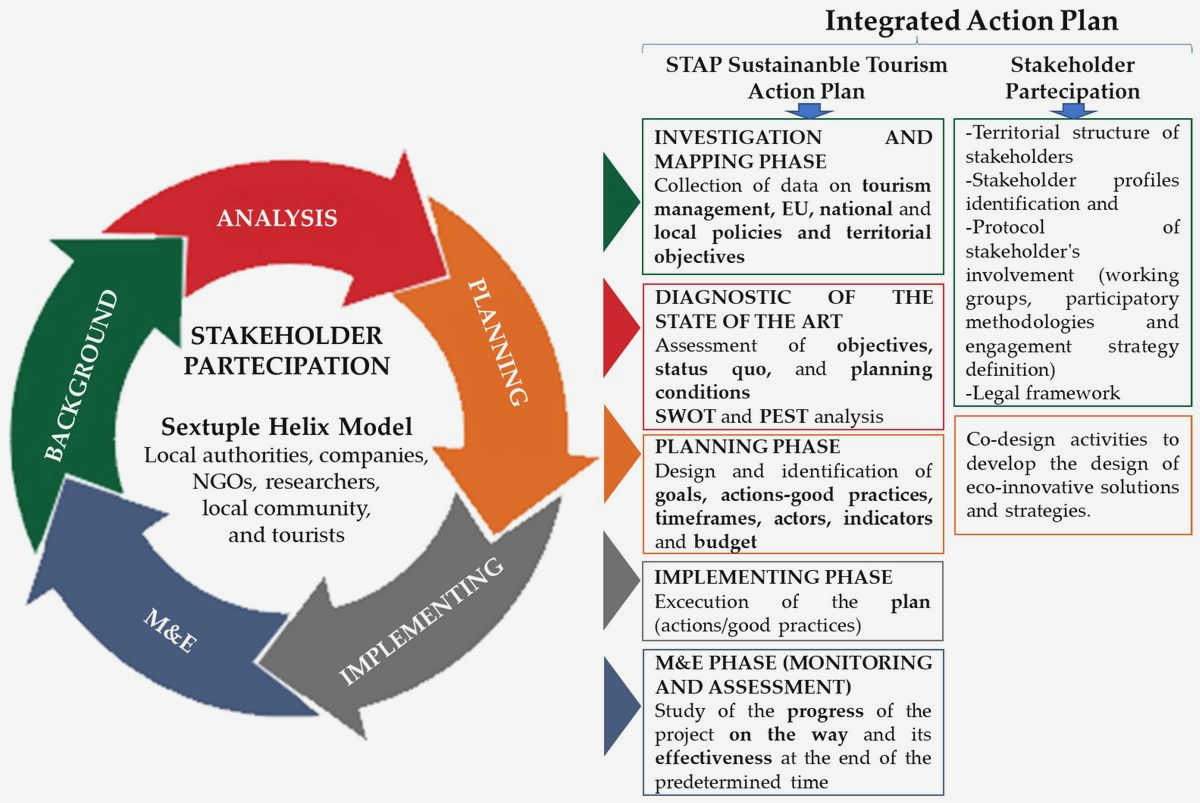
One way civil society organizations promote sustainable development is by raising awareness about the importance of preserving natural resources and implementing sustainable infrastructure. Through workshops, seminars, and public campaigns, these organizations educate the public about the long-term benefits of sustainable development and encourage individuals and communities to adopt environmentally conscious practices.
Additionally, civil society organizations collaborate with local governments and other stakeholders to develop and implement sustainable urban development strategies. They provide expertise and recommendations on issues such as urban design, transportation planning, and waste management, aiming to create inclusive, environmentally friendly, and resilient cities.
Civil society organizations also play a crucial role in monitoring and evaluating the implementation of sustainable development initiatives. They hold governments accountable for their commitments, advocating for transparency and efficiency in the use of resources. Through this oversight, civil society organizations ensure that sustainable development projects are effectively and ethically implemented, promoting long-term positive outcomes.
Furthermore, civil society organizations engage in community mobilization and empowerment to drive sustainable development at the grassroots level. They encourage citizen participation, enabling individuals and communities to have a voice in decision-making processes related to urban planning. By involving diverse voices and perspectives, civil society organizations help ensure that sustainable development initiatives are inclusive, responsive, and meet the needs of all members of society.
In conclusion, civil society organizations play a critical role in fostering sustainable development in urban planning. Through awareness-raising, collaboration, monitoring, and community mobilization, these organizations work towards creating environmentally friendly and inclusive cities that can meet the needs of present and future generations.
Addressing Housing Affordability
In many urban areas, one of the most pressing issues is the lack of affordable housing options. High housing costs can put a significant strain on individuals and families, making it difficult for them to find suitable housing options within their budget.
Civil society organizations are playing a crucial role in addressing this issue by advocating for policies and initiatives that promote housing affordability. One approach is through the development of affordable housing projects. These organizations work closely with local governments and developers to identify suitable locations and secure funding for the construction of affordable housing units.
Additionally, civil society organizations often engage in community organizing and education to empower residents to advocate for their right to affordable housing. They provide resources and support to individuals and families who are at risk of losing their homes due to rising rents or eviction. Through workshops, seminars, and grassroots campaigns, these organizations aim to raise awareness about the importance of housing affordability and mobilize communities to take action.
An important aspect of addressing housing affordability is the evaluation of existing housing policies and regulations. Civil society organizations conduct research and analysis to identify potential barriers to affordable housing, such as zoning restrictions or outdated regulations. They then work to reform these policies to create a more conducive environment for the development and preservation of affordable housing.
Furthermore, civil society organizations often collaborate with other stakeholders, including architects, urban planners, and policymakers, to explore innovative approaches to housing affordability. This may involve the development of mixed-income housing models or the implementation of rent control measures.
Overall, civil society organizations are integral in addressing housing affordability in urban areas. Through their advocacy, community engagement, and collaboration with various stakeholders, they contribute to the creation of inclusive and affordable housing options for all individuals and families.
Promoting Gender Equality
Gender equality is a fundamental principle in urban planning, as it ensures that the needs, perspectives, and experiences of all genders are taken into account in the design and implementation of urban development projects. Civil society organizations play a crucial role in promoting gender equality by advocating for inclusive urban planning policies and practices.
1. Engaging women in decision-making processes: Civil society organizations work to ensure that women have equal representation and participation in urban planning processes. They promote the inclusion of women in decision-making bodies, such as local councils and planning committees. By giving women a seat at the table, these organizations help to address the gender biases and ensure that women’s voices are heard and their needs are taken into consideration.
2. Addressing gender-based violence and harassment: Civil society organizations advocate for safe and inclusive urban spaces by addressing gender-based violence and harassment. They work to raise awareness about the issue, engage with stakeholders, and push for policies and strategies that prioritize safety and security for all genders. This includes initiatives such as improving lighting, enhancing public transportation, and creating safe zones in urban areas.
3. Promoting economic empowerment: Civil society organizations support initiatives that promote economic empowerment for women in urban areas. This includes advocating for equal access to employment opportunities, providing skills training and entrepreneurship programs, and encouraging economic policies that prioritize gender equality. By empowering women economically, these organizations contribute to their overall well-being and enhance their role in urban development.
Supporting Youth Engagement
Engaging young people in urban planning processes is crucial for creating inclusive and sustainable cities. Civil society organizations play a vital role in supporting youth engagement by providing platforms and opportunities for them to voice their opinions and contribute to decision-making processes.
One way in which civil society organizations support youth engagement is through the establishment of youth councils or advisory groups. These councils serve as a space for young people to share their perspectives, ideas, and concerns related to urban planning. They also provide a platform for young people to collaborate with professionals and policymakers, ensuring that their voices are heard and considered in the decision-making process. This helps to bridge the gap between young people and decision-makers, empowering the youth to actively participate in shaping the future of their cities.
Additionally, civil society organizations organize workshops, trainings, and capacity-building programs to enhance the knowledge and skills of young people in urban planning. These initiatives aim to empower young people by equipping them with the necessary tools and knowledge to actively engage in the planning and design of their communities. Workshops may cover topics such as sustainable development, participatory planning methods, and community engagement strategies. By investing in the capacity-building of young people, civil society organizations are enabling them to become effective advocates for their communities and promoting inclusivity in urban planning processes.
Furthermore, civil society organizations coordinate youth-led initiatives and projects that address urban challenges and promote inclusivity. These initiatives allow young people to take ownership of urban planning processes and contribute their unique perspectives and ideas. For example, youth-led projects may involve transforming underutilized public spaces into vibrant community hubs or organizing community events that promote intergenerational collaboration and social cohesion. By actively involving young people in the implementation of these initiatives, civil society organizations are fostering a sense of ownership and responsibility among the youth, ensuring that they become active stakeholders in the development of their cities.
Encouraging Cultural Diversity
Civil society organizations play a crucial role in promoting cultural diversity in urban planning. They recognize the importance of embracing different cultures and creating inclusive spaces that cater to the needs of all individuals, regardless of their background.
One way civil society organizations encourage cultural diversity is through the promotion of multicultural events and festivals. These events provide a platform for people from different cultural backgrounds to come together and celebrate their heritage. They showcase various art forms, traditional dances, music, and cuisines, allowing communities to learn from one another and appreciate the richness of different cultures.
Civil society organizations also work towards creating inclusive spaces by advocating for the integration of cultural elements in urban design. This can include incorporating architectural styles that reflect the cultural identity of specific communities or incorporating public art installations that highlight the diversity within the neighborhood.
Moreover, civil society organizations facilitate cultural exchange programs and workshops that promote dialogue and understanding between different cultural groups. These initiatives provide opportunities for individuals to learn about other cultures, challenge stereotypes, and build meaningful connections.
In addition, civil society organizations collaborate with local businesses, community leaders, and policymakers to ensure that cultural diversity is considered in urban planning decisions. They advocate for the preservation of cultural landmarks, the establishment of community centers that cater to different cultural needs, and the allocation of resources for language support services.
Ultimately, by encouraging cultural diversity in urban planning, civil society organizations contribute to creating inclusive and vibrant cities that celebrate the unique contributions of all individuals and communities.
Engaging with Indigenous Communities
Understanding Indigenous Perspective
Engaging with Indigenous communities in urban planning requires a deep understanding of their unique perspectives and experiences. It is essential to recognize and respect their cultural heritage, ancestral lands, and traditional practices. By actively listening and incorporating their knowledge, urban planners can create inclusive and sustainable solutions that meet the specific needs and aspirations of Indigenous communities.
Collaborative Approach
Engagement with Indigenous communities should be based on a collaborative approach, where their voices are central to the decision-making process. This involves establishing meaningful partnerships and creating spaces for open dialogue. Emphasizing the principles of self-determination, urban planners can work together with Indigenous communities to co-create urban plans that align with their cultural values and enhance their overall well-being.
Incorporating Traditional Knowledge
Traditional knowledge held by Indigenous communities is a valuable resource that can inform urban planning processes. By incorporating their traditional land-use practices, ecological knowledge, and sustainable resource management techniques, urban planners can develop more holistic and resilient urban plans. This involves recognizing and integrating traditional cultural landscapes, sacred sites, and traditional land management practices into the fabric of the city.
Capacity Building and Empowerment
Engagement with Indigenous communities should also involve capacity building and empowerment initiatives. By providing training, resources, and opportunities for skill development, urban planners can empower Indigenous communities to actively participate in the decision-making processes related to urban planning. This helps ensure that Indigenous voices are not only heard but also have the capacity to influence and shape the development of their communities.
Recognition and Reconciliation
Engaging with Indigenous communities in urban planning also requires a recognition of the historical injustices and ongoing systemic barriers they face. Urban planners can play a role in addressing and redressing these inequities by advocating for inclusive policies and practices that promote social justice, equality, and reconciliation. This involves addressing issues such as land rights, access to affordable housing, and economic opportunities that are crucial for the well-being and self-determination of Indigenous communities.
Conclusion
Engaging with Indigenous communities in urban planning is not only a legal and ethical requirement but also an opportunity to promote inclusivity, respect cultural diversity, and create sustainable cities. By adopting a collaborative approach, incorporating traditional knowledge, empowering communities, and advocating for justice, urban planners can bridge the gap and create urban environments that meet the needs of all residents, including Indigenous communities.
Collaboration with Government and Private Sector
Engagement with Government Authorities:
In order to promote inclusivity in urban planning, civil society organizations (CSOs) collaborate closely with government authorities. They actively engage in dialogue and consultation processes with relevant government departments, such as urban planning committees and development agencies. Through these engagements, CSOs provide valuable input, insights, and recommendations based on their expertise and community perspectives. They work collaboratively with the government to ensure that urban planning initiatives take into account the needs and preferences of all stakeholders, including marginalized communities.
Partnerships with Private Sector:
In addition to government collaboration, CSOs also forge partnerships with the private sector to promote inclusivity in urban planning. They collaborate with private developers, real estate companies, and construction firms to ensure that new urban development projects incorporate inclusive design principles. Through these partnerships, CSOs advocate for the inclusion of affordable housing, accessible infrastructure, and public spaces that cater to the needs of diverse populations. They also encourage the adoption of sustainable and environmentally friendly practices in urban development, working with private sector partners to implement green building standards and energy-efficient technologies.
Influencing Policy and Regulations:
CSOs play a crucial role in influencing policy and regulations related to urban planning. They actively participate in policy-making processes, advocating for inclusive policies that prioritize the well-being and rights of all residents. Working in partnership with government authorities and private sector stakeholders, CSOs contribute to the development and implementation of policies that promote social equity, environmental sustainability, and community participation in urban planning decisions. They also monitor and evaluate the effectiveness of existing policies, identifying areas for improvement and pushing for necessary changes to ensure inclusivity in urban development.
Capacity Building and Knowledge Sharing:
CSOs collaborate with government and private sector entities to enhance capacity building and knowledge sharing in the field of inclusive urban planning. They organize training workshops, seminars, and exchange programs to foster learning and professional development opportunities for government officials, urban planners, architects, and other relevant stakeholders. By sharing best practices, case studies, and research findings, CSOs facilitate the adoption of inclusive urban planning principles across different sectors. These collaborative efforts help to build a shared understanding and commitment to inclusivity among all stakeholders involved in urban development.





